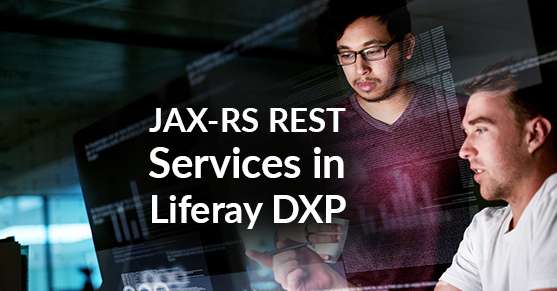
by Mike Freeman | Aug 9, 2016 | Applications, Blog, Digital Experience, Enterprise Java, Liferay DXP, Perspectives, Portals
One of the exciting new features in Liferay Digital Experience Platform (DXP) 7 is its built-in support for creating and deploying JAX-RS based REST services. Among other things this can enable the rapid development of modern web applications in Liferay DXP using...

by XTIVIA | Aug 9, 2016 | Applications, Blog, Enterprise Java, Portals
This blog post describes the overall process recommended by Xtivia for deploying custom Liferay plugin applications to Liferay. Note that while this document is primarily targeted at the deployment of custom Liferay plugins, many of the concepts do apply to...

by XTIVIA | Aug 9, 2016 | Applications, Blog, Cloud, Enterprise Infrastructure, Enterprise Java, Portals
Chef is a powerful automation platform that transforms complex infrastructure into code, bringing your servers and services to life. Whether you’re operating in the cloud, on-premises, or a hybrid, Chef automates how applications are configured, deployed, and...

by Keith O'Connell | Aug 9, 2016 | Blog, Enterprise Java, Portals
Over the nearly 10 years that we have worked with the Liferay platform, we have had ample opportunity to hone our understanding of how Liferay interacts with the Java virtual machine (JVM), and how to optimally tune the JVM performance for Liferay as a Java...

by XTIVIA | Oct 5, 2015 | Applications, Blog, Cloud, Enterprise Infrastructure, Enterprise Java, Portals
A key step for setting up a reliable Liferay environment is to configure Liferay clustering. Liferay clustering can be achieved in multiple ways. Some of the supported clustering methods are UDP Multicast, UDP Unicast and TCP Unicast. While Multicast is...

by XTIVIA | Oct 2, 2015 | Blog, Cloud, Databases, Enterprise Infrastructure, Enterprise Java, Portals
Microsoft recently updated the Azure SQL database to only allow encrypted communication. Now communication between Azure SQL Database and your application requires encryption (SSL) at all times. If your client application does not validate certificates upon...







